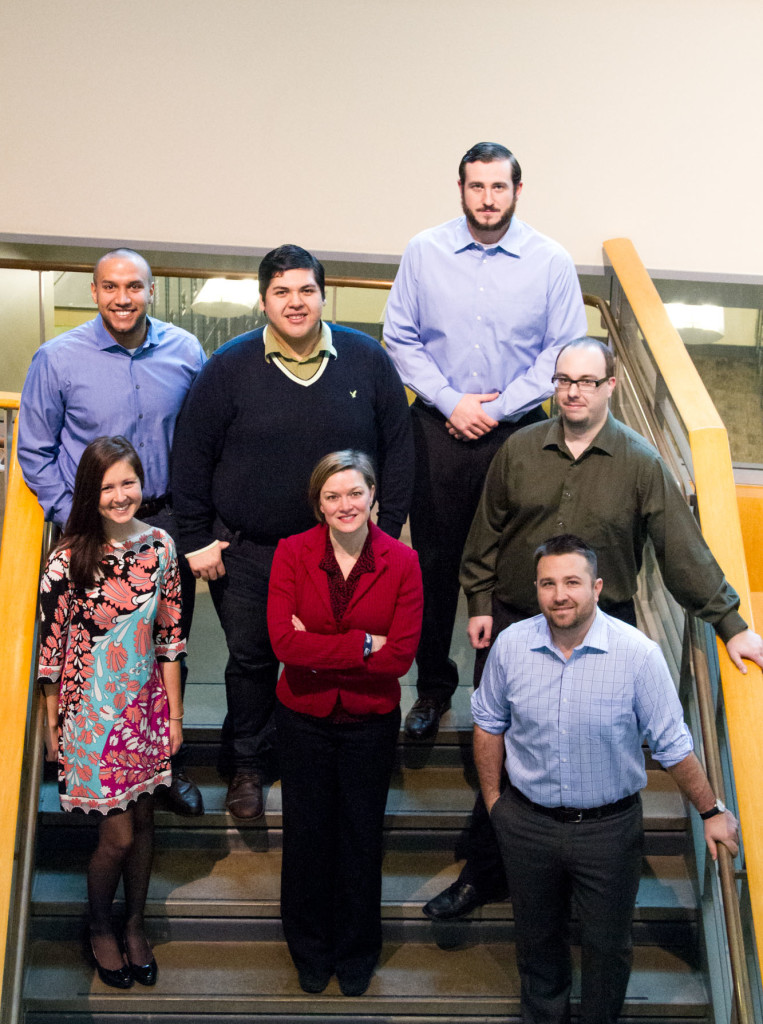As of last Thursday, Mark Aggin has lived on the street for 610 days.
He is in his early sixties, likes hanging around Starbucks and says he struggles with Satanists that talk into his ear. Aggin hails from Missoula Montana, but currently sleeps on Pike. Like an increasing number of Seattleites, he is currently experiencing homelessness.
“[You] just go about your daily activities, I guess, and just kind of breathe, and try to survive. Most of your days are spent on survival,” Aggin said. “And I have always called it a slow dance to death.”
In late January, the One Night Count occured, a survey throughout King County where volunteers count the number of people that they see sleeping on the street or in their cars. This year’s survey saw a 21 percent increase from last year—with the total count adding up to 3,772 people sleeping on the street.
While some of this increase can be attributed to additional volunteers this time around, there is an undeniable influx of the homeless population
in Seattle.
“When you look at what economists say is required to make ends meet in the area, and then you look at what the average person is making, there’s a lot of people who are not hitting that line,” said Communications Manager for Northwest Harvest Jesse Swingle. Northwest Harvest is a food bank with locations statewide, including a pantry not far from Seattle University. Their main focus is providing food to the hungry, but they also approach that issue from a holistic perspective by providing services such as an advocacy department.
Mark Putnam is the director of the Committee to End Homelessness, and believes that ending homelessness is possible.
“I think homelessness is solvable,” said Putnam. “When we talk about ending homelessness we put it into some more practical terms.”
“Solving” homelessness does not mean that it goes away and never comes back, but rather that it is rare and people who fall into homelessness receive what they need to get out and stay out.
Many people who experience homelessness are in that state because of an unlucky situation, such as Aggin, who said that he became homeless after putting his mother in an assisted living facility.
According to Swingle, Seattleites fifty years ago believed that hunger was solvable within the decade. Somewhere down the line, attitudes changed and now people talk about incremental changes.
Putnam believes that focus needs to be placed on the housing and social services safety net arenas in order to make progress regarding homelessness.
“It’s going to take more resources…at the state level, it’s going to take change at the local level, in what we’re funding and how we’re delivering housing and services and it’s going to take really the entire community recognizing that we need to do something and that homelessness is not okay,” said Putnam. “It’s not acceptable.”
Luckily, this need for more resources has been recognized on the federal level. Washington will receive $48.2 million in federal money to fund more than 200 projects to shelter homeless adults and children.
According to Seattle U School of Law Professor Sara Rankin, data show that it costs more to criminalize homelessness than it does to invest in affordable housing.
“So even if you’re not taken with the moral approach, you have to be persuaded by the economic argument,” Rankin said.
Rankin works with her students to address the rights of the homeless community. In her work, the stigma and judgment surrounding the homeless population can be seen amplified and enforced by law.
“So when I say the criminalization of homelessness, what I am really referring to is a series of increasingly popular laws that make it illegal, essentially, to be homeless,” said Rankin.
Rankin is referring to laws against things like panhandling or sleeping
in public.
“These are all laws that we have enacted in the past where privileged groups use the power of the law not just to control groups that they deem to be undesirable, but to actually ensure their marginalization,” Rankin said.
Historically, Rankin said, we’ve seen this pattern before. She referred to Jim Crow laws as another example of using legal power to ensure that one group of people stays down.
It creates a tangible tension between the homeless community and Seattle as a whole—the idea of “us” versus “them.”
And it’s not as though this goes unfelt by those who bear the brunt of the equation.
“I really see with a fuzz,” said Aggin, referring to his imperfect eyesight. “I enjoy that though, because as being a homeless guy, sometimes you don’t want to see people’s reaction…Because you don’t want to be thought of as being other than human or abnormal.”











